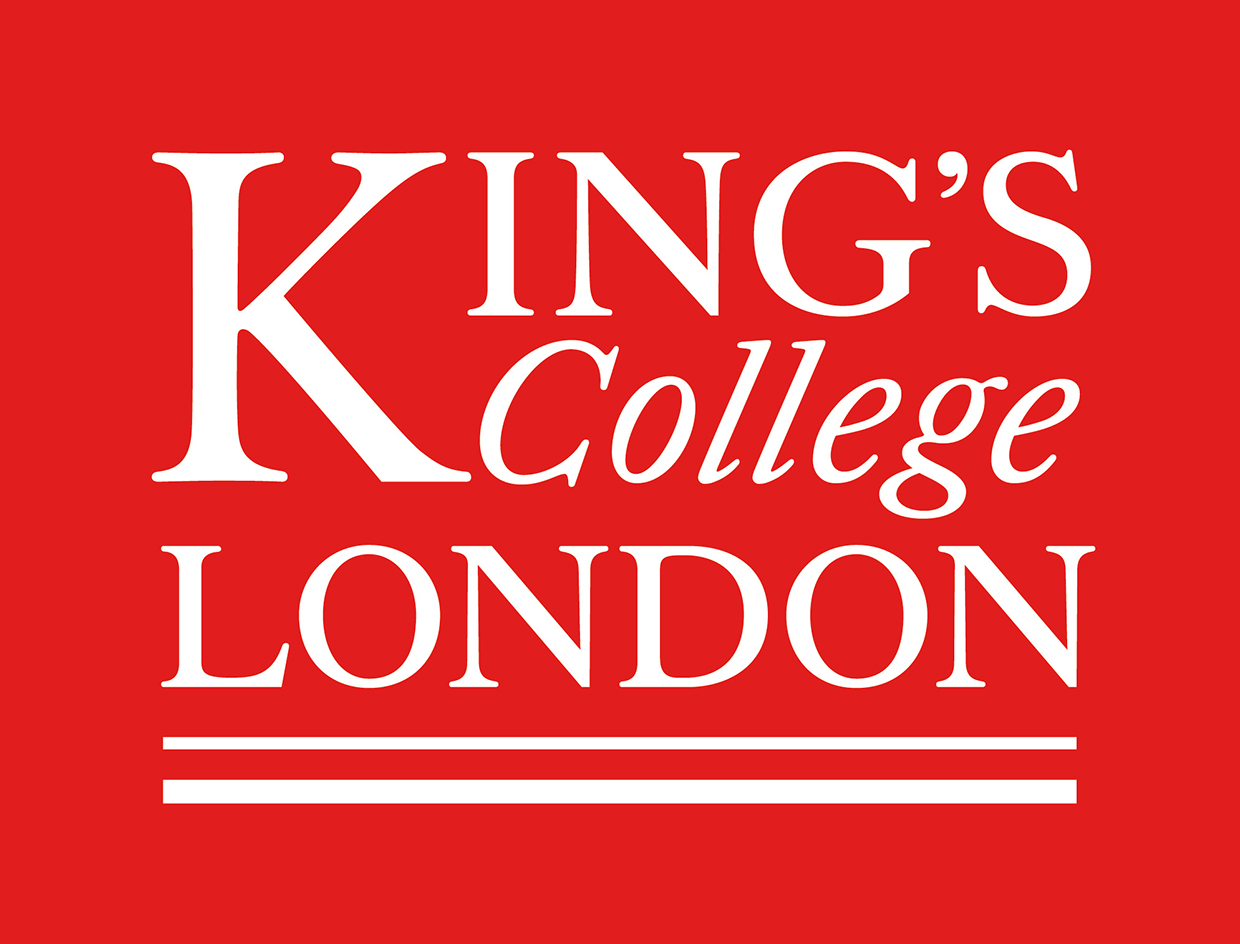Borderless competition
Earlier this year, a number of UQ Economics students paired up with students from King's College London and participated in groups of four to address the following task.
Students worked together via a number of digital platforms in order to tackle their given economic issue over a six-week period, before submitting their work via video to a panel of international judges. The students remained in various geographical locations throughout the whole competition, never meeting in person.
The task
Currently many governments, including Australia and UK, are looking to enforce policies that deal with household waste efficiently (e.g. sort waste into 4 different bins per household). By thinking like an economist, analyse the thinking behind such a policy. Then for a particular country or government authority (federal or local council) provide one recommendation to implement a key element of such a policy.
Winner
First place team: Mark (UQ), Nikita (KCL) and Qixun (UQ).
The opinions expressed in this video reflect only the opinions of its authors. They do not represent the views of the organisers of the competition, nor those of King's College London or The University of Queensland.
Borderless is an interuniversity competition run in partnership between King’s College London and The University of Queensland.

Department of Political Economy
School of Politics and Economics
The task
The teams were given an article to review and they were to critically analyse the article’s design, research methods and conclusions using econometric concepts learnt in quantitative methods and econometrics modules.
Leibovici. L., (2001). Effects of remote, retroactive intercessory prayer on outcomes in patients with bloodstream infection: randomised controlled trial. BMJ, 323(7327), 1450–1451. https://doi.org/10.1136/bmj.323.7327.1450
Winner
First place team: Nina (UQ), Peiwei (UQ) and Yingxue (KCL).
The opinions expressed in this video reflect only the opinions of its authors. They do not represent the views of the organisers of the competition, nor those of King's College London or The University of Queensland.
Borderless is an interuniversity competition run in partnership between King’s College London and The University of Queensland.

Department of Political Economy
School of Politics and Economics
The task
Students were tasked with arguing either for or against the statement below.
"The differences between countries performances in handling the COVID-19 pandemic are best explained by a country’s characteristics before the pandemic rather than by a country’s responses to the pandemic."
Students were required to use econometric concepts learnt in various courses in order to present their work in the format of a video.
A country’s 'characteristics' can refer to a number of things including geographic attributes, population density, age distribution, political climate, socio-economic measures and many more.
The results
First place
Team 8
Lachlan UQ, Yihan KCL, Abbey UQ, Qiyang (Allen) KCL
Second place
Team 10
Yingxi UQ, Ian KCL, Xinghao UQ, João Pedro KCL
Third place
Team 1
Zhenqi (James) UQ, Oleksandra KCL, Georgia UQ, Niclas KCL
Honourable mention
Team 3
Zixin UQ, Vedant KCL, Benjamin UQ, Adam KCL
Honourable mention
Team 13
Yunqing UQ, Erona KCL, Oscar UQ, Zacharias KCL
If you would like to hear feedback from the judges and celebrate the efforts of these students, you can watch the award ceremony.
The opinions expressed in this video reflect only the opinions of its authors. They do not represent the views of the organisers of the competition, nor those of King's College London or The University of Queensland.
Borderless is an interuniversity competition run in partnership between King’s College London and The University of Queensland.

Department of Political Economy
School of Politics and Economics
The task
Students were tasked with interpreting the article Feeling the Future: Experimental Evidence for Anomalous Retroactive Influences on Cognition and Affect by Daryl. J. Bem (Cornell University) and critically analysing the article’s design, research methods and conclusions. They were required to use econometric concepts learnt in various quantitative methods and econometrics modules, and present their work in the format of a video.
The results
First place |
| Bei Lei (KCL) |
| Liang Hao (KCL) |
| Frederick (UQ) |
| Michael (UQ) |
Second place |
| Paula (KCL) |
| Francisco (KCL) |
| Evangeline (UQ) |
| Jahan (UQ) |
Third place |
| Mohammed (KCL) |
| Usama (KCL) |
| Jennifer (UQ) |
| Corliss (UQ) |
Honourable mention |
| Aleksandr (KCL) |
| Tom Antonius (KCL) |
| Amaan (UQ) |
| Chi-Yi (Chris) (UQ) |
Honourable mention |
| Mina (KCL) |
| Sonia (KCL) |
| Digby (UQ) |
| Dylan (UQ) |
Honourable mention |
| Kenza (KCL) |
| Ilia (KCL) |
| Hao (UQ) |
| Kuangyu (UQ) |
The opinions expressed in this video reflect only the opinions of its authors. They do not represent the views of the organisers of the competition, nor those of King's College London or The University of Queensland.
Honourable mention |
| Arina (KCL) |
| Mengtao (KCL) |
| Ashlyn (UQ) |
| Gretyl (UQ) |
Borderless is an interuniversity competition run in partnership between King’s College London and The University of Queensland.

Department of Political Economy
School of Politics and Economics
